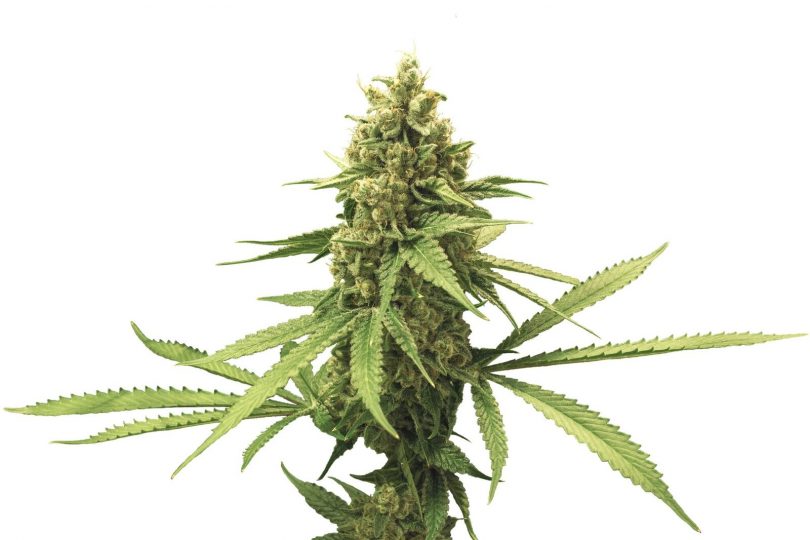Study Shows Chronically Micro-Dosed Cannabis Could Reverse Age-Related Decline in Cognitive Performance
Evidence has suggested that the endocannabinoid system (ECS) plays a role in homeostatic mechanisms. Mechanisms of homeostasis include the body temperature, body fluid composition, gas concentrations, blood sugar, and blood pressure. These are operated by the homeostatic mechanism is the pressure at which the blood is pumped through the body. ECS activity has shown to decline during aging. Also, the function of homeostatic mechanisms has a direct relation to the process of aging.
The study was done on older mice and Δ9-tetrahydrocannabinol (THC). Scientists dosed mice aged 12 to 18 years with daily small amounts of THC in the study which took place over a year ago. These findings were published May 8 on the Nature Medicine website. The exact goal is to show a direct link between endocannabinoid tone and the aging process.
The study, available for full purchase on Nature Medicine’s website, shows that a low dose of THC did reverse the cognitive decline in older mice. THC treatment restored hippocampal gene transcription patterns and increased hippocampal spine density. These factors made the expression profiles of 12-month old mice look similar to those aged only 2-months.
This scientific evaluation of THC showed that the restoration of CB1 signaling could be effective in treating the elderly for cognitive impairments related to their age. Senior citizens could also enjoy relief from inflammation, protection from cancer, and even stifle neuropathy by utilizing cannabis as medicine. Hopefully, this study is the first of many regarding cannabis improving the quality of life for our elders.









